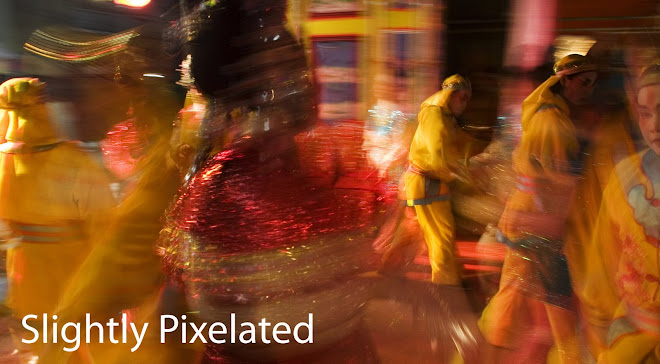Like a boat drifting towards a precipice, Thailand is sliding inexorably towards disaster.
The veneer of democratic politics has fallen away to reveal a bitter and violent struggle for State power.
The Land of Smiles, once famed for its generous and tolerant people, has become a land divided. Where tourists once walked, soldiers now patrol. And with each passing day Thailand’s once highflying economy plummets.
At the Rajprasong intersection the gleaming malls, normally crammed with eager shoppers, stand empty; closed down by thousands of Red Shirt protesters camped out in the avenues around them.
Bangkok, better known for its easy-going if chaotic mood, is now a city cloaked in tension and fear.
The Red Shirts of the United Front for Democracy Against Dictatorship or UDD, entrenched behind makeshift barricades of barbed wire, tires and bamboo pikes, say they want the Prime Minister to dissolve parliament immediately and for fresh elections to be held.
The government, ensconced in an army base, argues that to step down in the face of lawless demonstrators would be to set an unhealthy precedent. Elections there will be, it says, but not in response to threats and not until the government has had a chance to disburse its budget and implement core policies.
At first glance, and as confusing as it is, Thailand’s crisis looks like the kind of political turbulence that might easily characterize the growing pains of a young democracy: a storm that will pass.
But the current crisis has already surpassed the normal framework of democratic politics.
Political opponents have become mortal enemies. Politicians have begun to accuse each other of being murderers and traitors. The struggle is increasingly being portrayed not as one that will determine the next government of Thailand but as an existential battle that may permanently re-shape the political landscape here.
In a worrying shift, government spokespeople and pro-government commentators now refer to the Red Shirts not as protesters but as terrorists and thugs. The UDD movement is no longer a political opposition movement but a threat to national security.
Pro-government supporters are growing more vocal and more insistent in their calls for the military to act and ‘uphold the law’.
In a further sign that Thailand is moving away from any hope of compromise, the propaganda machines on both sides of the divide are preparing their supporters for battle.
Throughout the sprawling Red Shirt protest site the sound of screams and gunfire can be heard as videos replay images of deadly clashes between protesters and government forces last April 10th.
Designed to shock and enrage, the clips emphasise graphic images of bloodied protesters lying dead or wounded. Twenty-four people, including four soldiers, were killed in the riots of April 10th and over eight hundred were injured.
The government, meanwhile, has intensified its information war. Last night, its NBT channel aired harrowing footage of the April 10th clashes. The edited clips, set to dramatic music, focused almost exclusively on wounded soldiers being dragged from the front lines of the riot. The troops were shown soaked in blood, lifeless, screaming in pain. There could be little doubt in viewers’ minds who was to blame.
Interviewed directly afterwards, guest commentators spoke of the need for the military to act decisively. They were echoing mounting criticism of Army Chief Anupong Paochinda who has so far resisted calls for a crackdown on the thousands of protesters, many of whom are elderly, women and children, gathered at Rajprasong.
More worrying, however, are the government’s allegations that the Red Shirts are seeking to overthrow Thailand’s monarchy, an institution that inspires near-religious reverence among many here.
If the current conflict is successfully re-framed as a battle between those for and against the monarchy, the risk of serious violent confrontation and loss of life will rise considerably.
If the Red Shirts are enemies of the monarchy, terrorists and thugs then a legitimate justification, in the eyes of the government and its supporters, has been made for their repression.
Beyond these arguments, however, lie far grimmer realities. If Thailand’s military does use force to clear the Red Shirts from their Rajprasong protest site, it will almost inevitably result in a massive and tragic loss of life.
Lest those who would implement such a crackdown forget, when it is over and the dead are counted they will all be Thais.

No comments:
Post a Comment